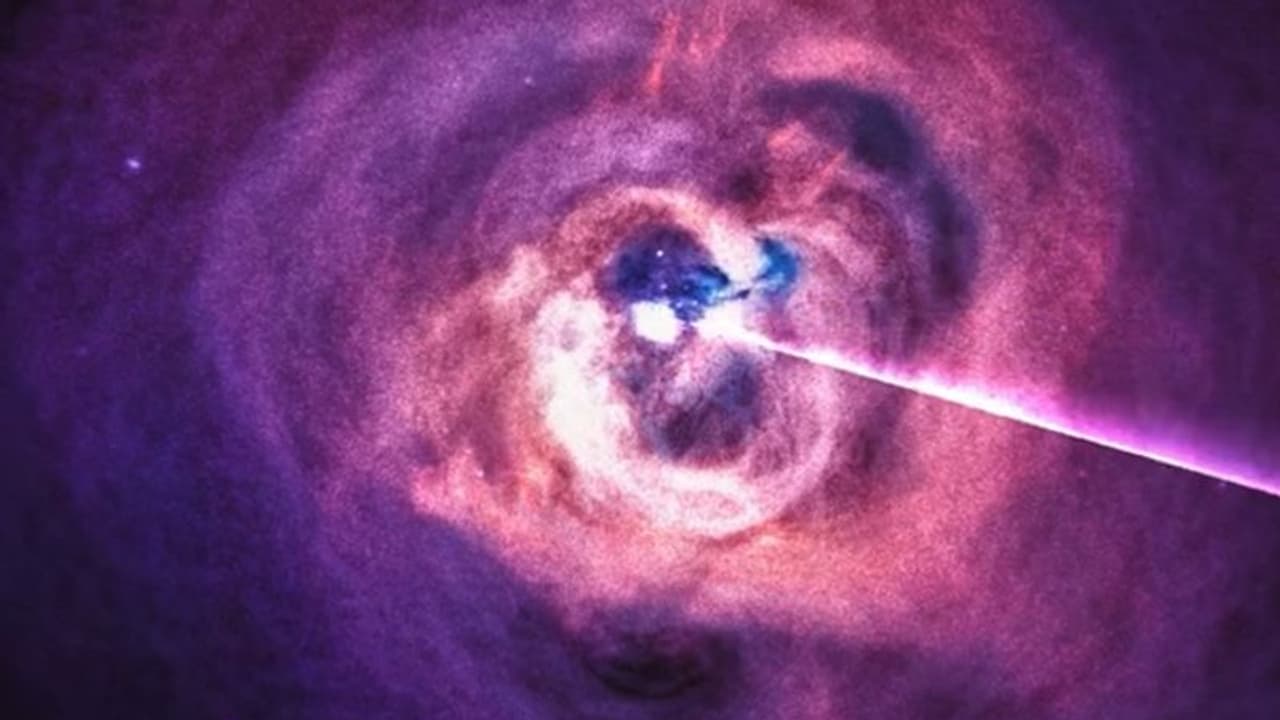The audio shared by NASA is at a frequency 144 quadrillion and 288 quadrillion times higher than their original, to make it audible to human ears. Perseus galaxy cluster has been associated with sound since 2003, when NASA revealed a strikingly regular pattern of pressure waves rippling through the hot gas.
The National Aeronautics and Space Administration (NASA) has re-posted the eerie and menacing sound of a black hole. Actual sound waves from a supermassive black hole around 250 million light-years distant are shown in the audio clip. The Perseus galaxy cluster's central black hole has been linked to sound since 2003, according to a previous analysis by the American space agency. To be perceptible to human ears, the sound waves emanating from the galaxy have been transposed up to 57 and 58 octaves.

NASA's account, which is dedicated to exoplanets, tweeted: "The misconception that there is no sound in space originates because most space is a ~vacuum, providing no way for sound waves to travel."
Also Read | James Webb telescope captures 'incredible' photos of Jupiter; Check out
It added, "A galaxy cluster has so much gas that we've picked up actual sound. Here it's amplified, and mixed with other data, to hear a black hole!"
Since the sound was emanating from NASA's Chandra X-ray Observatory, it was actually published this year in May. At the time, NASA had said: "Astronomers found that pressure waves emitted by the black hole generated ripples in the heated gas of the cluster, which might be converted into a note – one that humans cannot hear around 57 octaves below middle C."
Also Read | Earth's days mysteriously getting longer; scientists wonder why
This is not the first time, NASA has also done a sonification of the black hole located around 54 million light years away at the centre of Galaxy Messier 87, or M87. The agency has even produced similar sonification of a distant galaxy. Not so long ago, the agency even recorded the extraterrestrial sounds of Mars.
